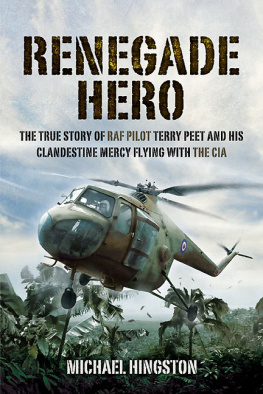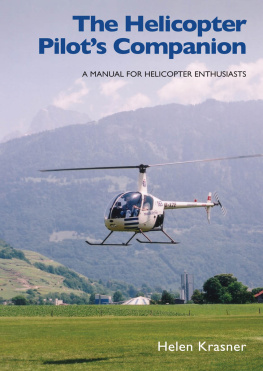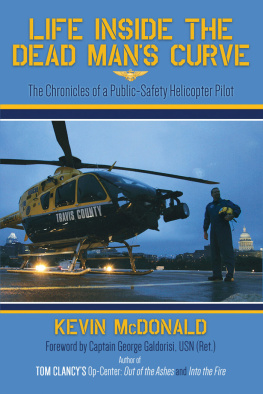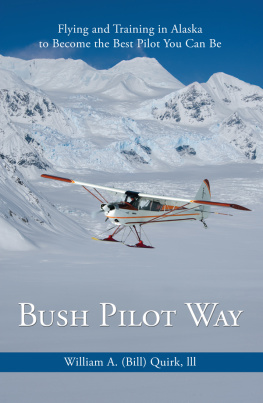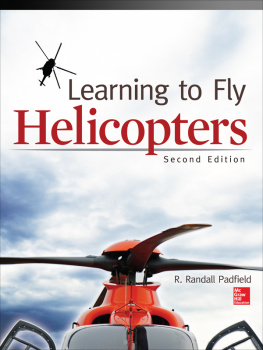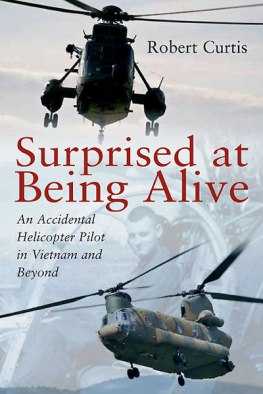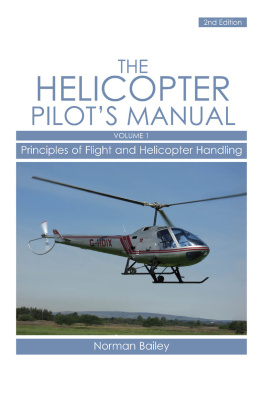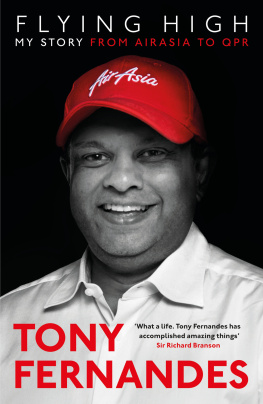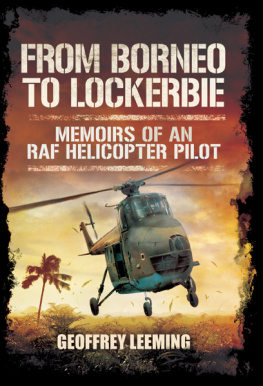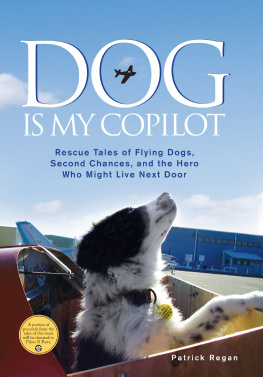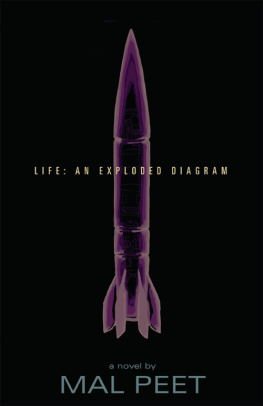

First published in Great Britain in 2011 by
Pen and Sword Aviation
An imprint of
Pen and Sword Books Ltd
47 Church Street
Barnsley
South Yorkshire
S70 2AS
Copyright Michael Hingston 2011
ISBN 978 1 84884 530 5
eISBN 9781844682522
The right of Michael Hingston to be identied as the author of this work has been asserted by him in accordance with the Copyright, Designs and Patents Act 1988.
A CIP record for this book is available from the British Library
All rights reserved. No part of this book may be reproduced or transmied in any form or by any means, electronic or mechanical, including photocopying, recording or by any information storage and retrieval system, without permission from the Publisher in writing.
Printed and bound by CPI UK
Pen and Sword Books Ltd incorporates the imprints of Pen and Sword Aviation, Pen and Sword Maritime, Pen and Sword Military, Wharnclie Local History, Pen and Sword Select, Pen and Sword Military Classics and Leo Cooper.
For a complete list of Pen and Sword titles please contact
PEN AND SWORD BOOKS LIMITED
47 Church Street, Barnsley, South Yorkshire, S70 2AS, England
E-mail: enquiries@pen-and-sword.co.uk
Website: www.pen-and-sword.co.uk
Contents
Maps

The principal towns are shown with the colonial names they bore at the time of Terry Peets arrival in 1965. (Alan Hunns alan@hunnsgraphics.demon.co.uk)

The Biafran enclave was shrinking during the period and the boundary shown is approximate. Uli was the principal airstrip for relief flights although Umuhaia was among a number of other strips used briefly at different periods. The UNICEF helicopter relief flights under Terry Peets control were principally between Calabar and Uyo in what was then Federally held Biafra. (Alan Hunns alan@hunnsgraphics.demon.co.uk)

The flight path for the epic delivery of helicopters from Israel for the UNICEF Calabar - based relief operation. The diversion to Accra from Tamale followed the arrest of Terry Peet and his colleagues on their arrival in Ghana. (Alan Hunns alan@hunnsgraphics.demon.co.uk)
Acknowledgements
I am deeply indebted to a great many people without whose help writing this story about Terry Peet would have been impossible. In particular my thanks go to his second wife, Joan Peet (ne Milner), for sharing her diary recordings and many intimate memories, as well as to his late mother, Annie Nance Peet, and brother, Barry Peet, for their candid recollections.
For the early chapters about Terrys exploits in the Far East I relied heavily on invaluable input from his former commanding officer in Malaya and Borneo, Wing Commander Derek Eley. My thanks also go to other former RAF colleagues, Lofty Marshall and Mike Bailey, and to Mrs Royston Garwood, the widow of his commanding officer at RAF Tern Hill.
Former mercenary aircrew colleagues Bob Brannon, Ares Klootwyk, Eugenio Papotti, Kevin Bell and Pelle Ornas provided much of the background to events in the Congo, for which I am grateful. In addition my special thanks go to the late Dr William T Close, father of the celebrated five-times Oscar-nominated Hollywood actress Glenn Close. During sixteen years working in the Congo, most of them as President Mobutus personal physician, he renovated the capitals hospital and played a key role in combating the deadly Ebola epidemic. He came to know Terry well and coined the phrase gentleman warrior to describe him.
Although I was unable to interview Leighton Mishou, Terrys principal CIA contact in the Congo, since he was incapacitated by a stroke and in a veterans hospital where he later died, I am hugely indebted to his wife, Jane Mishou, and daughter Catherine Sines. They allowed me unrestricted access to his unpublished memoir full of valuable, first-hand information about Operation WITHRUSH . My gratitude is also due to the late Larry Devlin, the former Congo CIA station chief who put me right on facts about the operation and added his own insights before he, too, died in December 2008.
Colonel Julian Brooke-Fox helped with information about his fathers role as the British military attach in Leopoldville and I was also assisted by Terry Laurendine who worked at the US embassy there and Madame Francine Troger, Dr Closes former chief nursing assistant.
For Terrys audacious exploit ferrying helicopters to Nigeria from Israel and the subsequent account of his involvement in the UNICEF-sponsored relief effort during the Biafran War, my thanks go to Bob Billings, Dennis Clarcq, Terry Crawley, Margaret Clark and Mary Price, sister of the late Robert Robards, who organized the helicopter-borne aid flights. In addition, Ares Klootwyk provided candid recollections of the role played by mercenary pilots in attempting to interdict what remains the largest emergency airlift since the immediate post-war Berlin Crisis in 1948.
Graham Salt and Matthew Hogan helped with the task of searching for relevant documents at the UK National Archives in Kew, London, and US National Archives and Records Administration, in Washington. Dermot OShea Hoare spent many hours trawling newspapers for me at the British Library. In New York, Monika Tcakova, Paola Casini and Upasana Young helped with searching the UN and UNICEF archives. I was also assisted by Mark Frost of the Dover Museum and Kate Wilson at the Parliamentary Archives. I thank them all.
I am also indebted to Gilbert Blades of Chapman Wilkins, lawyers specializing in military law and courts martial, for helping me with the final chapter and to Clive Richards of the Air Force Historical Branch, Ministry of Defence, and staff at Officers Records, RAF Innsworth. There were also other people who asked to remain anonymous who helped me in valuable ways. They know who they are and I thank them.
In the course of researching and writing the story I disrupted countless of Terrys evenings with telephone interviews and am grateful to his long-suffering wife, Marie, for her understanding. I am also profoundly indebted to my wife, Julia, and to my friends for their unwavering enthusiasm and support throughout.
Finally, I want to thank my agent, John King of Brandon Associates, and Ting Baker, my editor at Pen & Sword Books.
Preface
Cold War helicopter ace Terry Peet lived for flying. He was a go anywhere, do anything, Royal Air Force pilot with a reputation for sheer guts. The more challenging the mission, the more eagerly Terry volunteered to undertake it. Whether ferrying troops to remote jungle landing zones or snatching casualties from makeshift clearings surrounded by 200-feet high trees, he willingly pushed himself and his primitive Sycamore helicopter to the limit. Nothing excited him more than the heady smell of octane and accompanying burst of flame and smoke as the Sycamores engine whirred to life carrying him airborne. Alone in the cockpit, his hands deftly tweaking the aircrafts controls, the debonair young flight lieutenant knew no fear. During two years in the hot spots of Malaya and Borneo he repeatedly cheated death and earned a Queens Commendation for Valuable Services in the Air. His nerve and skill saved him from one emergency that, according to his commanding officer at the time, would have killed anyone else. With rotary flight still in comparative infancy, his career looked promising. Then suddenly he disappeared without trace, apparently drowned tragically while on a recreational scuba dive off the North Wales coast. Six years later he dramatically reappeared in a back-from-the-dead drama worthy of fiction. The media hailed him enthusiastically as a renegade hero and flying Pimpernel when the story of his mysterious disappearance and subsequent extraordinary double life unfolded.

